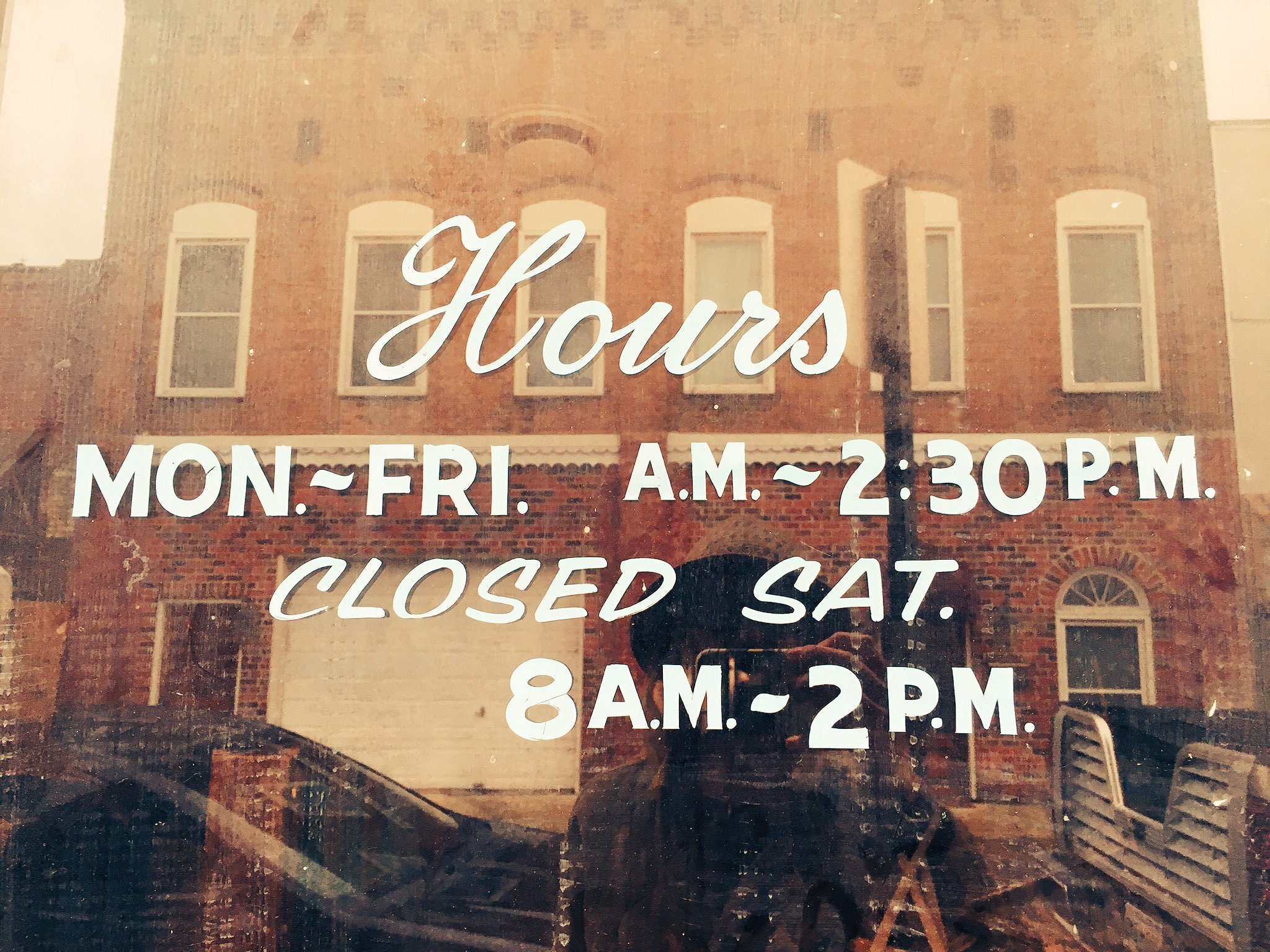The Logistics of Living on the Road
I realize now that we haven’t answered a lot of questions about just how, exactly, we manage the “operations” side of life on the road. There’s an underlying theme to our trip that if you haven’t caught on to yet already, let me spell it out for you: we didn’t really think this through.
Trust me, that’s not for a lack of foresight or intelligence. I believe it’s quite the contrary: any reasonable human being who thought about this type of lifestyle for too long, analyzed it to the degree of buying a house or switching jobs, would never take the first step. No, instead we opted to do about zero research into things like mail, insurance or mechanical maintenance. So let’s talk brass tax. Here’s a list of our major expenses each month, and roughly how much we spend on each:
Guess who doesn't care about your finances? This guy. He only deals in Kibbles and Bits.
- Gasoline — We fill up about 2x per week, and spend roughly $25-$45 each time. We try not to let the tank get below about 1/2 or a quarter, but thanks to low gas prices, the highest we paid was about $2.35/gallon.
- Camping Fees — We average about $25/night and camp about 70% of each month at a campground. The rest of the time we rely on the grace of friends, family and good-natured people with driveways.
- Food — We buy groceries 2x per week (hey, we have a small fridge!) and spend roughly $150 per week; this includes meals out, too.
- Internet — We each pay about $100/month each (that's $200/month total) on cell and data for internet.
- Insurance — Thanks to my bro, we dropped our insurance rates by about $200/year! So now we pay about $480 a year for insurance on our suburban and trailer.
- Toiletries — We don’t buy this very often, but Carson uses more Old Spice deodorant than I think he does. So let’s say $25/month.
In total, that amounts to about $2,000 each month. Not bad if you consider that in rent, internet, utilities, etc. we’d be spending that much in an apartment, too. And if you’re a veteran or senior citizen or have a disability, you can cut that camping fee line in half because you (deservedly) get some pretty awesome discounts at our public parks.
Mail is the trickiest.
Mel likes to handle mail with a beer AND wine. But seriously though, we love USPS (and mail, too. Please send us some, okay?).
We took the easy path out and have our families (aka parents) forward us mail every so often and/or scan us images. Now, there are many services that will scan and periodically forward your mail to you in case you don't have a family you want to share your mail with. When mail is forwarded to us, we typically do one of two things: a) we mail it to a friend / family member’s home nearby; or b) we have them send it general delivery to a nearby post office. General delivery is not available at every post office, so it’s important to call ahead to see if they offer it. But the service is free and typically easy. You just address the mail to General Delivery, c/o [put your name here], and then list the post office’s address. They’ll hold it for up to two weeks for you. So it’s safe, secure, and pretty convenient.
Insurance + Taxes
This is another one people living full-time on the road have to figure out. We recently switched our insurance to Farm Bureau through my brother, Justin Dohmen. He's a new agent there and I can say this: I understand my coverage for the first time in my life. Plus, we got the same level of coverage (plus a little better) on our trailer and vehicle than we had with Geico (suburban) and Progressive (trailer) and pay $200/year less. Please shop around. Carson and I hate dealing with this stuff, so we didn’t really explore our options here before my brother became an agent. But I’m glad we eventually did. You can do it. Insurance sucks, but it doesn’t have to be expensive, you know? (Plus, I highly recommend my big bro!)
A vintage shot from us finally getting an official title and registration for Elsie in Broken Bow, Neb.
We didn’t bother finagling with trying to get the lowest title/registration like some full-timers do. We hear Iowa or South Dakota are good for full-timers. But honestly, I’m happy to pay taxes in our home state. So it didn’t really matter to us how much more it was. We believe in it and we were taught that it’s only right to do it. So there, don’t question us, okay?
Cell + Internet Service
This is us at Mean Mug Coffeehouse in Chattanooga, TN. One of our finer afternoons spent sipping away at coffee and chipping away at our work!
We have Verizon for cell service. Before I had AT&T and then US Cellular when I lived in Nebraska. Verizon hands down has the best nationwide coverage of anyone in the U.S. Still, I’m surprised by how often we don’t have cell service. And if we don’t have cell service, we don’t have internet because we use the MiFi Jetpack to get our internet. That’s mostly because state parks tend to be in rural / remote areas. It’s the burden, I suppose, of staying only at public campgrounds. I do hope this improves in the years to come. It’s something that Carson and I struggle with. Of course, we believe that if you’re at a campground you should be spending time outside, not on the internet or your phone. Yet, the flip side is that if we were in trouble or got hurt, our only way to contact someone is through our cell phones. And if that’s not working, we’re kind of screwed.
As for our data / plan / pricing — we pay too much, as with any cell plan. IMHO. But we need data to work and get stories filed and run a business. So, we each pay about $100 per month for our cell phones and data. And we do have a lot of data. 42 GB to be exact. Now, that’s too much data when we’re in good, urban areas where we can siphon internet from coffee shops and such. It’s just right when we are in remote areas where the only internet in miles is via Verizon. Oh, and we split that with Carson's parents. We're on a family plan. So they pay the other half of that bill.
I think that about covers it! Of course, I’m sure you’ve got plenty of extra q’s about how we swing life on the road. So go ahead, ask away! We’ll do our best to give you an honest (and real) answer.
Mel sets up her Tabled shop wherever she can! This was a shot from one of her very first, at Artists & Fleas in Brooklyn, NY. Check out her shop here: ShopTabled.com








